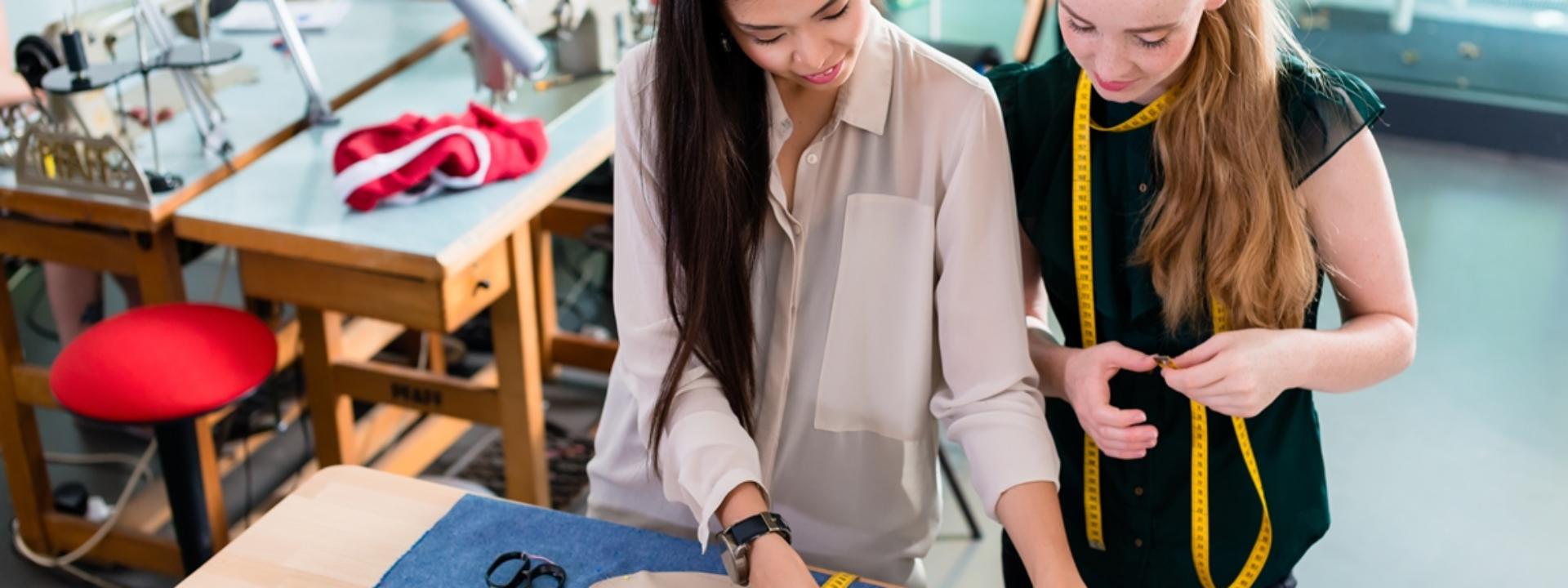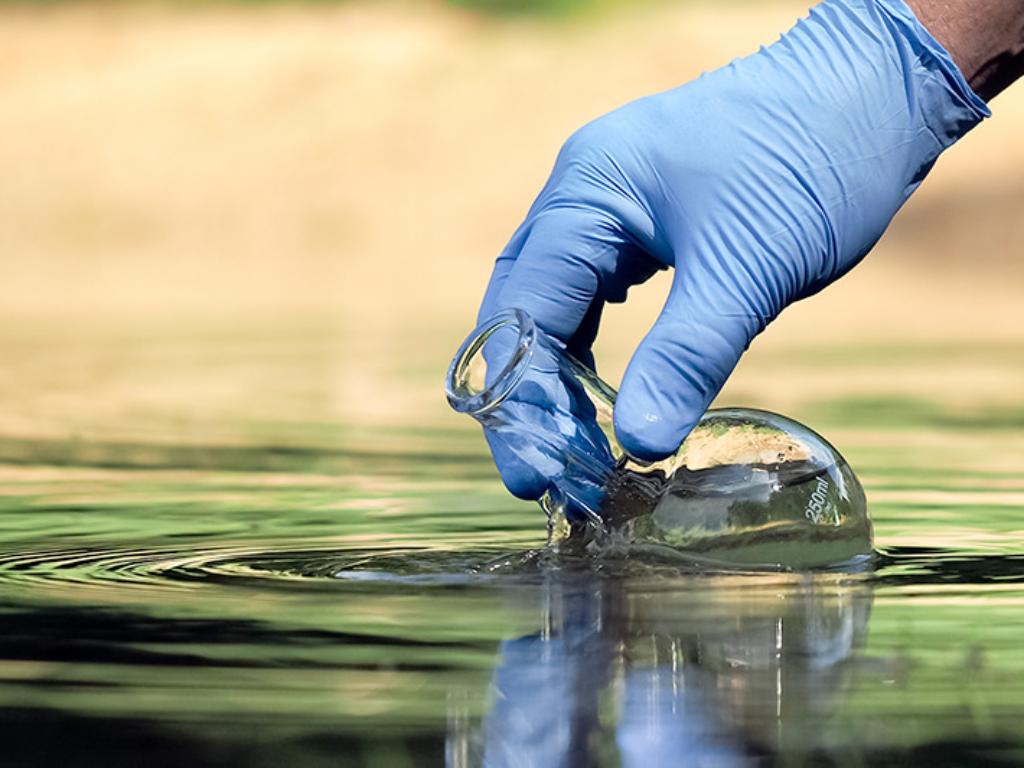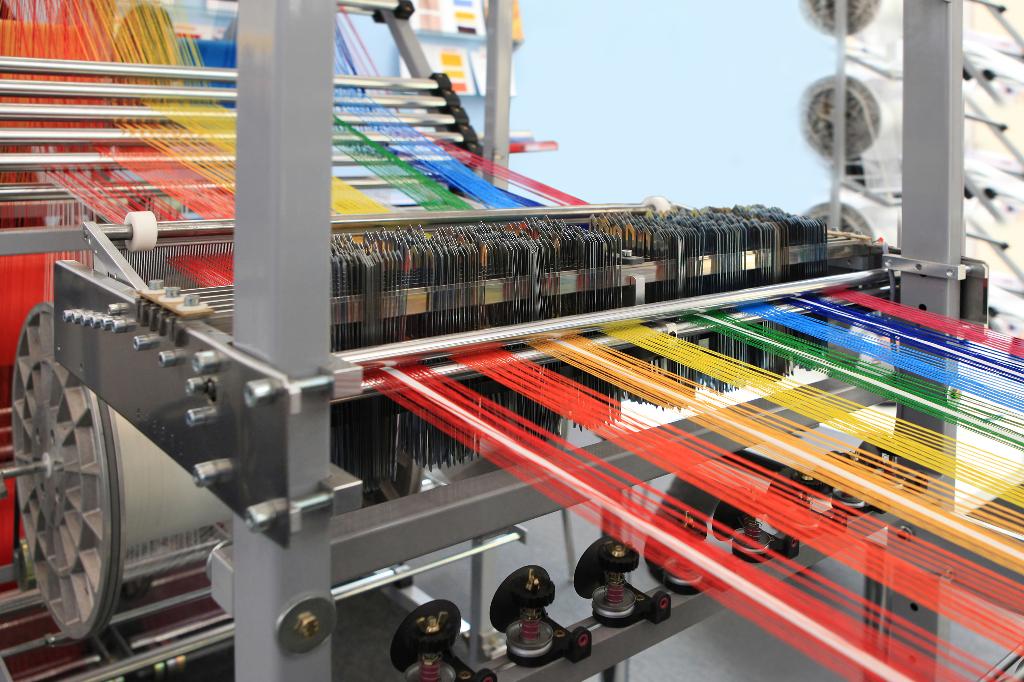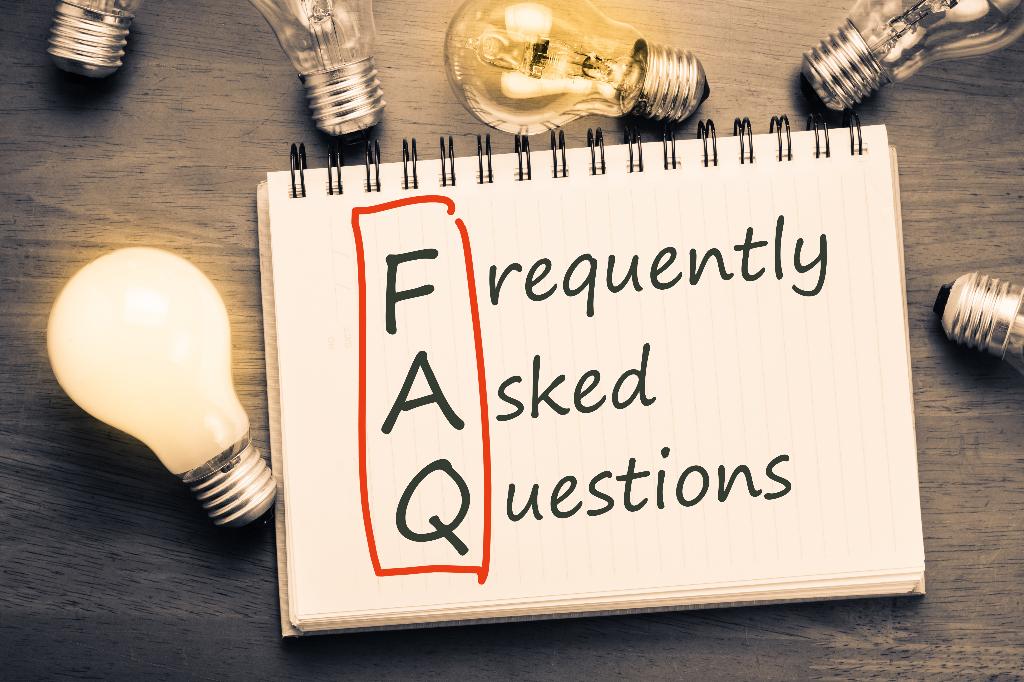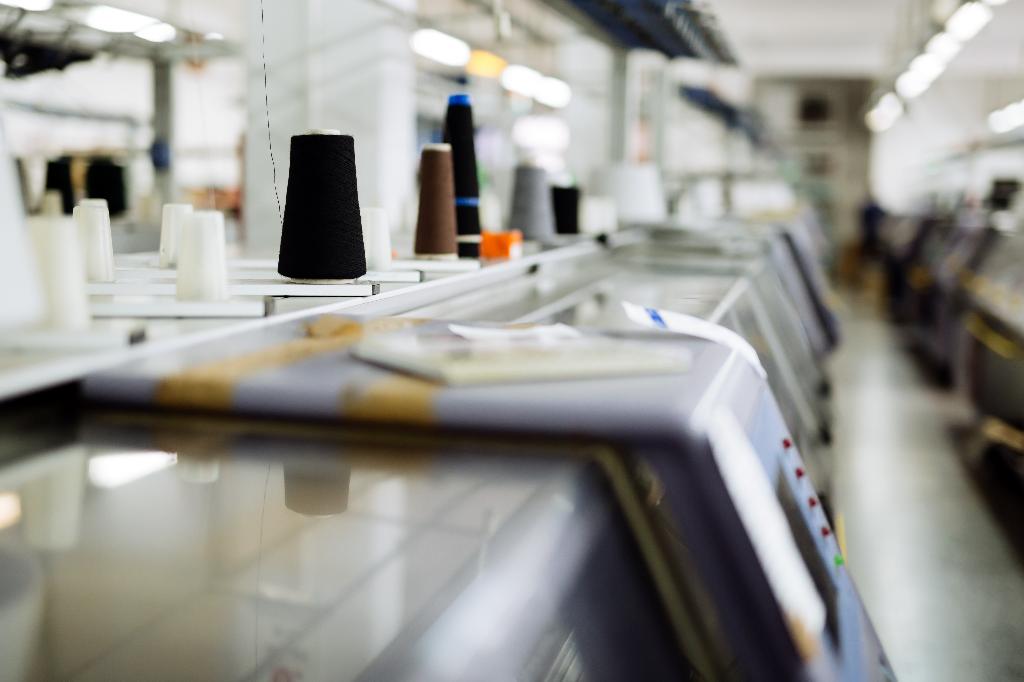Currently one of the top ten global textile exporters, Vietnam has become an international partner in the textile sourcing supply chains of companies from around the world. The Vietnamese Ministry of Industry and Trade announced an 11.3% year-to-year increase after total textile and garment exports reached a whopping 14.58 billion USD in the first six months of 2017.
Now, the country’s industry aims to comply with accepted global standards for sustainable production. With 186 members, the Vietnam Textile & Apparel Association (VITAS) provides support to Vietnamese textile providers and apparel manufacturers in order that they can fulfill their responsibilities according to international trade agreements as well as meet the high standards of their customers.
Recently, VITAS teamed up with TÜV Rheinland Vietnam to host around 40 participants in a collaborative “Brands Requirements for the Textile Supply Chain” seminar. In their cooperation with TÜV Rheinland, VITAS helps members adapt to updated industry trends and meet the compliance demands of diverse brands. VITAS officials decided to hold this particular seminar at this particular time to address DETOX, sustainability and trade issues as well as the country’s goal to increase both vertical integration and investment in new industrial parks.
Vietnamese industry learning more about Detox and ZDHC
During the informative seminar, Nguyen Thi Tuyet Mai, Deputy Secretary General of VITAS, stressed the importance of both economic development and environmental protection in ensuring ecological balance and preventing damage to the environment while utilizing and saving natural resources. She also emphasized that products should be suitable for human use as well as nonthreatening to human health.
Meeting customer standards good for business
Nineteen international fashion companies, including leading brands, have publicly committed to the Greenpeace Detox campaign launched in 2013 to stop toxic chemicals used in manufacturing processes from being discharged into rivers. These companies also follow the Zero Discharge of Hazardous Chemical (ZDHC) program, which has also established guidelines for the industry. Company representatives aim to eliminate negative environmental impacts by demanding eco-friendly designs, choosing responsible suppliers and controlling chemicals used throughout manufacturing processes.
TÜV Rheinland Vietnam General Director, Frank Juettner pointed out, “Vietnam has become a global partner in the textile sourcing supply chain. Today, buyers for international brands source more and more goods here.” As Vietnamese companies become increasingly involved in international trade, it is inevitable that they be required to follow the global standards for sustainable production demanded by their customers.
Dr. Nguyen Ba Hoai Anh, Softline Laboratory Director, addressed ZDHC influence on the textile industry as well as international brands and their commitments. The ZDHC roadmap for textile supply chains and solutions for compliance to individual brand requirements were also discussed. Juettner added, “It is extremely important for companies in the textile and apparel industry to remain competitive in the market and to be an attractive partner in the global supply chain .”
The successful seminar provided current information and brand requirements according to the Detox campaign. In addition, participants were able to obtain more information about our services, providing testing, auditing and training according to ZDHC standards.
We are extremely proud to have worked alongside VITAS in this capacity to inform and support the Vietnamese textile and apparel industry as well as to positively impact the Vietnamese environment for all of its citizens.
Watch the local Vietnam news about the VITAS event (minute 19:57)!
